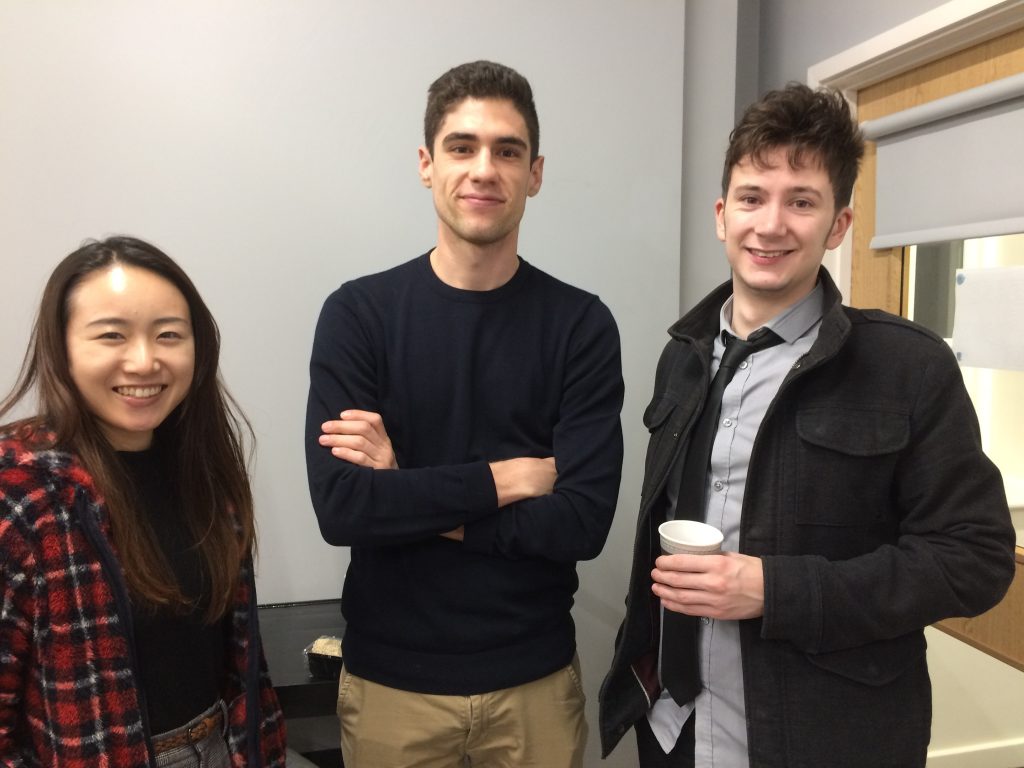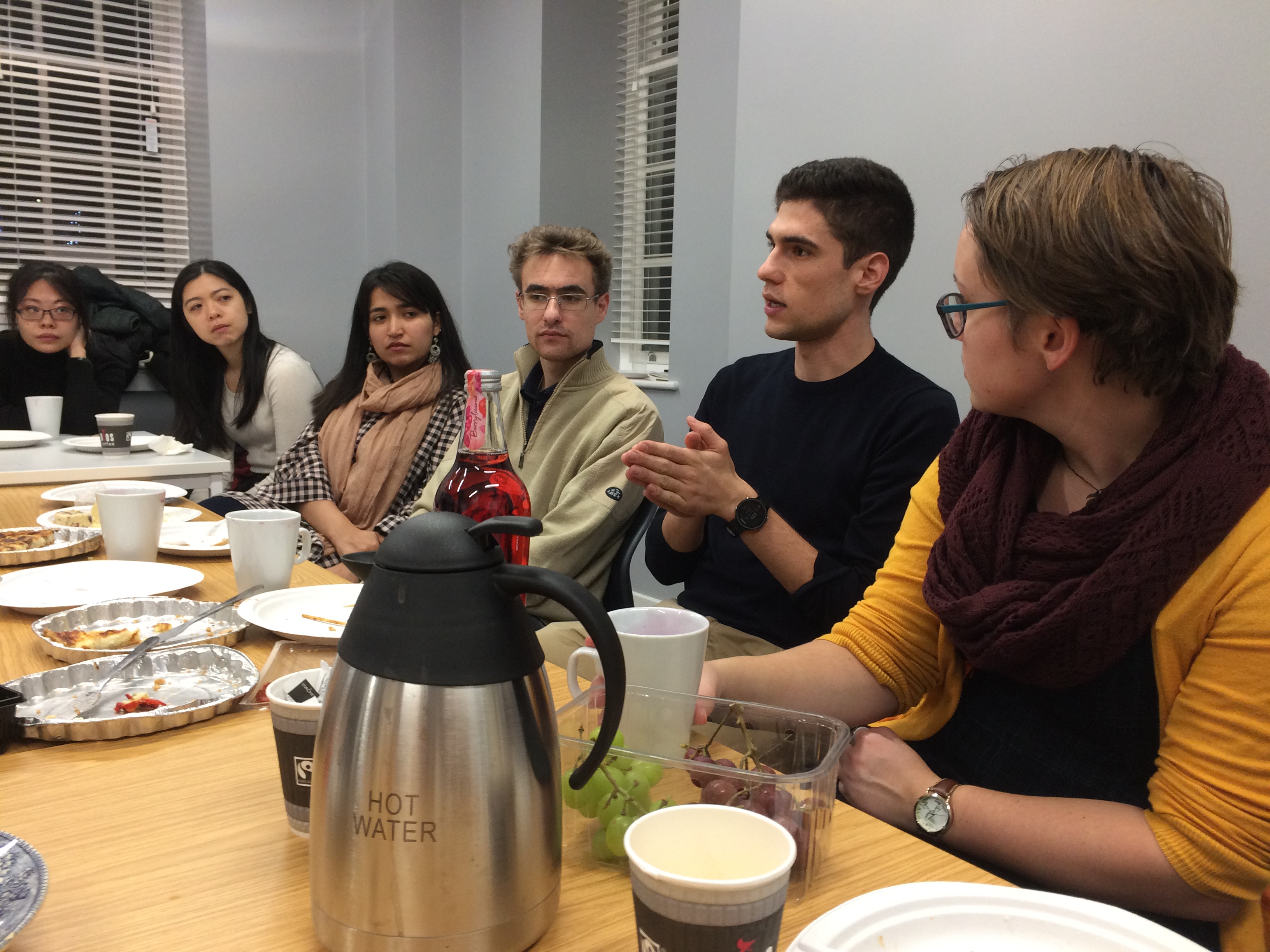By Nicholas Mattock, University of Western Australia
Global citizenship can be a difficult concept to grasp, not least because there is no set definition among those practicing global citizenship. I like to think of ‘global citizenship’ as an understanding and willingness to engage with problems that we face as a global community, as a means of facilitating change. This involves not just volunteering and community activism, but also discussing and exploring issues at an academic level amongst peers. The Global Citizenship Exchange is a new initiative by the Matariki Network – a group of 7 universities committed to promoting and developing the concept of global citizenship – that will provide students with broader exposure to both problems facing communities throughout the world, but also the ways in which we differ with regard to the practice of global citizenship.
As the first student to participate in the Global Citizenship Exchange program – travelling from the McCusker Centre at the University of Western Australia to slightly-less-sunny (but still very beautiful!) Ustinov College at Durham University, in the United Kingdom – I am excited to be among a new community, with new problems and new solutions. As a medical student at the University of Western Australia, my passion is measuring the social impact of global citizenship, both for the community and the individual. To this end, whilst at Durham, I will be running a short project to assess the relationship between self-perceptions of health and engagement with activities of global citizenship. Look for the cold-looking Australian, and I’ll happily give you a survey to fill out!

I am also passionate about the systems we put in place to facilitate activities of global citizenship among students, and developing a model for global citizenship that can be delivered beyond the Matariki Network. Despite being in Durham for less than a week, I have met individuals from every corner of the globe, and every field of study; such individuals are united not by their shared academic interests, but instead by a desire to foster change in communities at home and abroad. Opportunities such as the Global Citizenship Exchange not only build capacity in the individual participating, but also in the community they enter. I would like to think that this is as much a learning opportunity for Ustinov College and Durham University, as it is for myself and the McCusker Centre at the University of Western Australia. Building global relationships, such as those facilitated by the Global Citizenship Exchange, is fundamental to addressing the issues that we face as a global community.
‘Global citizenship’ as a concept is still in its infancy, and the Matariki Network has made it a priority to foster this initiative, both as a powerful tool for social change, and as a way of developing capacity within students and their communities. I appreciate the confidence that the McCusker Centre for Citizenship at the University of Western Australia has in my capacity to act as an ambassador for the Centre and for UWA, and the hospitality provided by Ustinov College at Durham University. In a global economic and social environment that is increasingly stifling of social change, I believe in programs such as the Global Citizenship Exchange as a way of building awareness and capacity in our future advocates and enablers.

